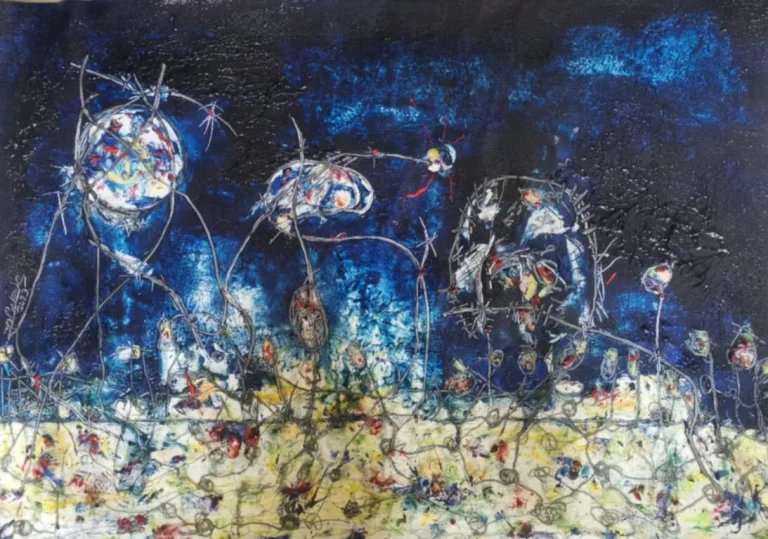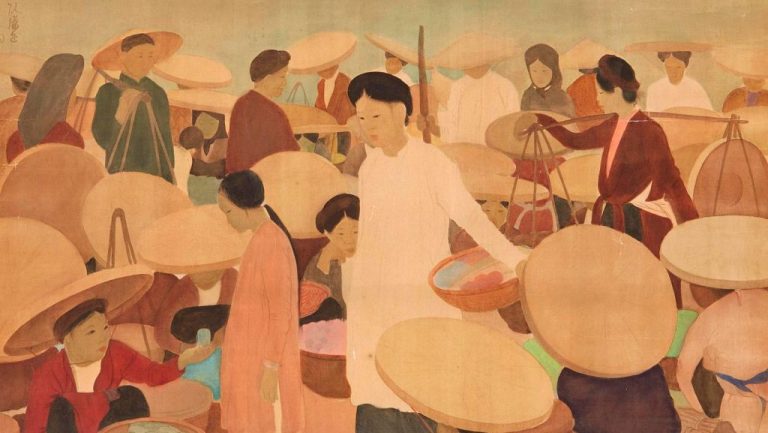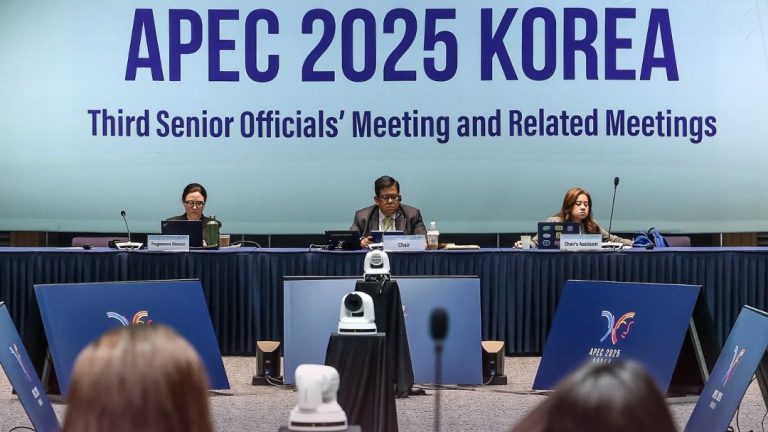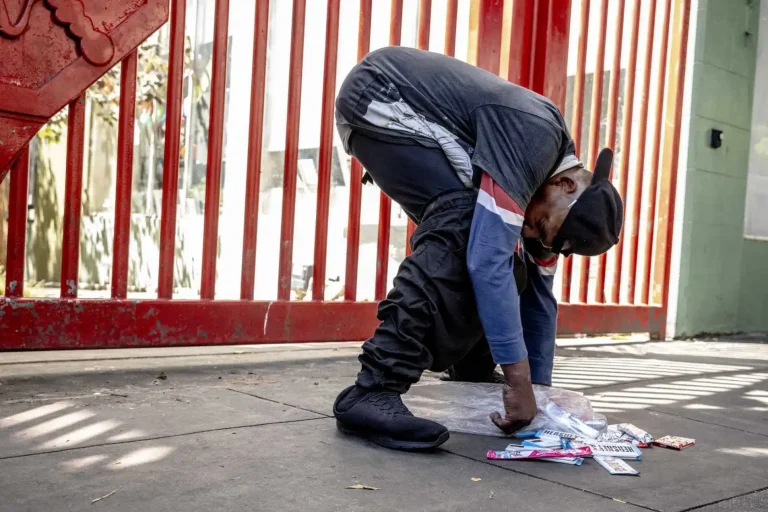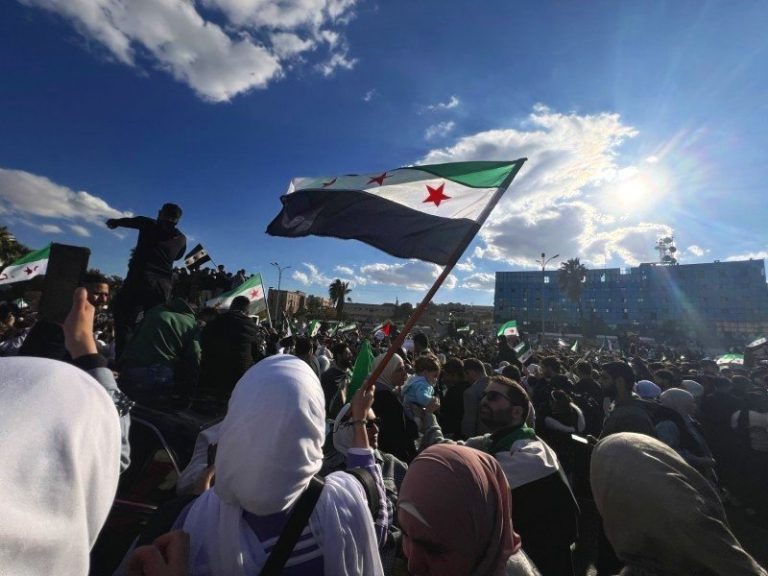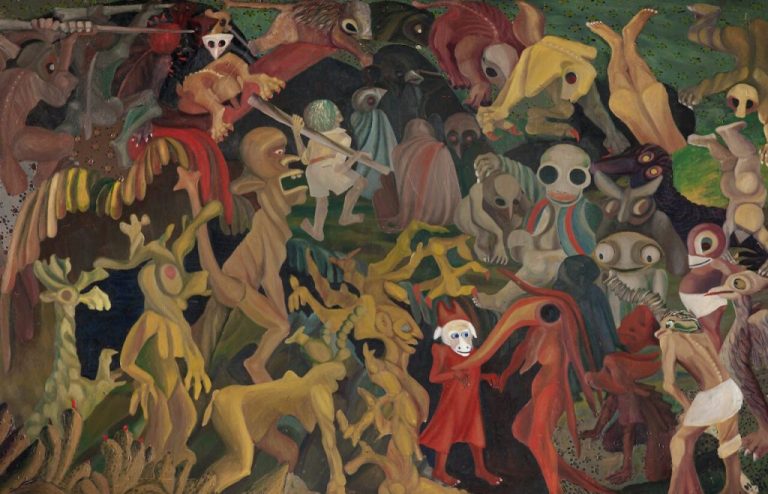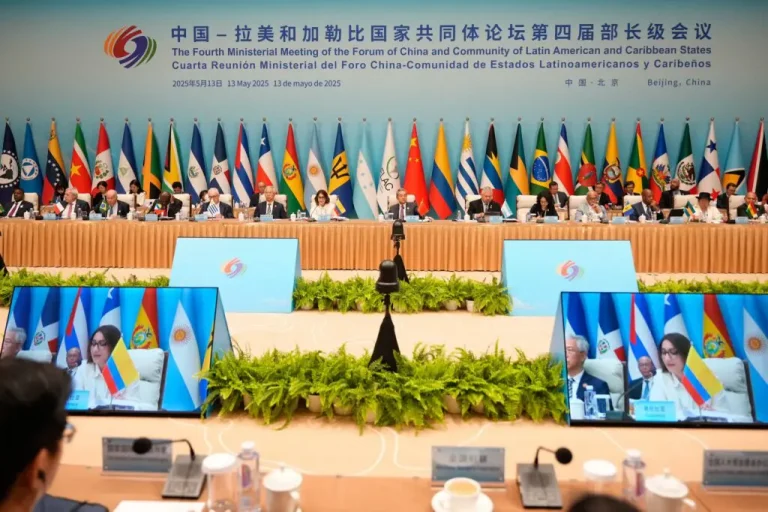Strategic Convergences Between Africa, Asia And Latin America
The current shift in the world order reveals a deep tension. While the West, weakened by its internal crises and geopolitical contradictions, is trying to preserve its declining leadership, Africa, Asia and Latin America are quietly rebuilding the lines of force of the Global South. Driven by shared memories of domination and renewed aspirations for sovereignty, these regions are now forging strategic convergences that are giving new meaning to tricontinental solidarity. In this context, their struggles against neocolonialism and neo-imperialism are taking on decisive importance in redefining the balance of power in the 21st century and opening up new prospects for their common future.

